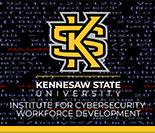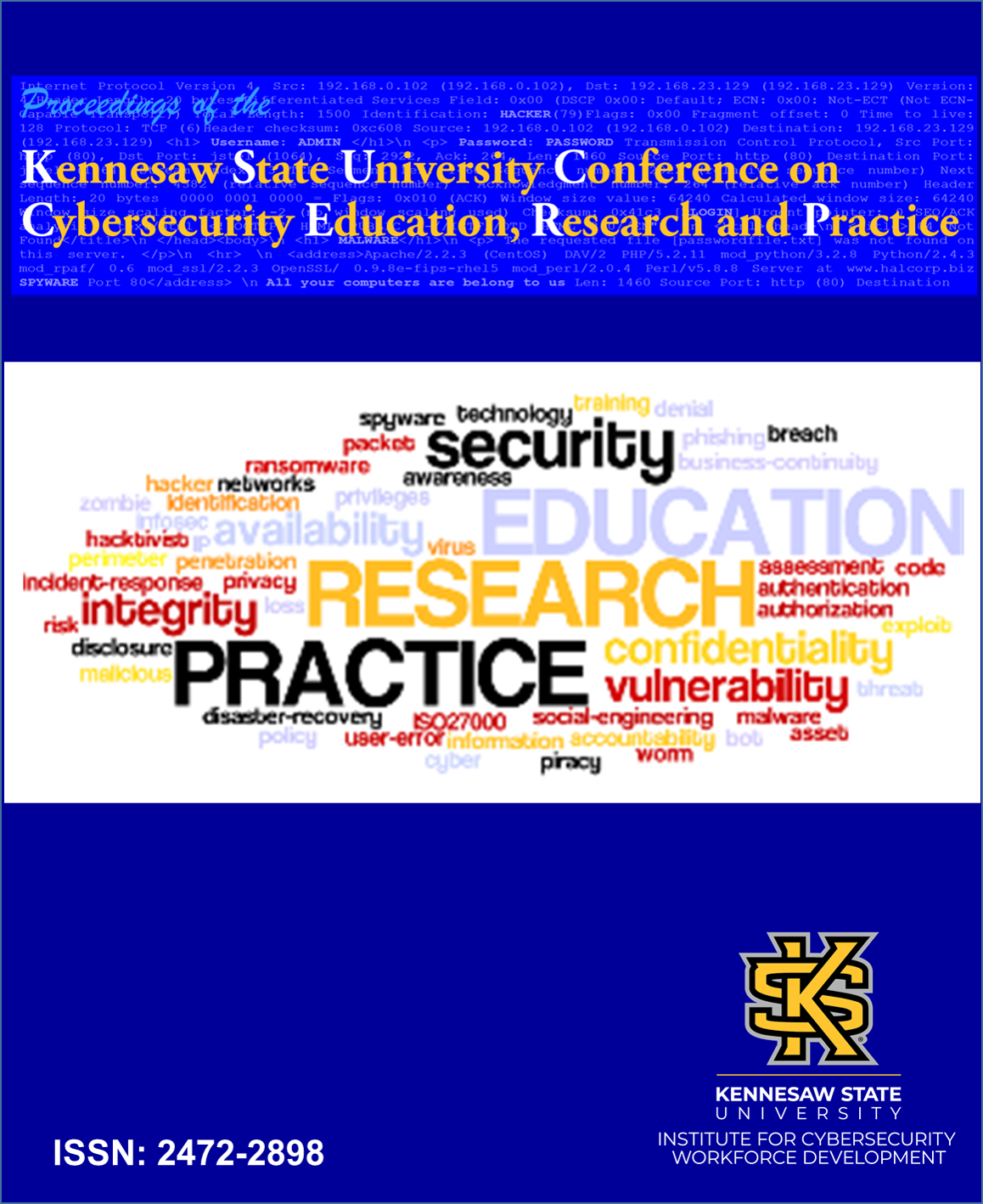Image Privacy Protection by Particle Swarm Optimization based Pivot Pixel Modification
Start Date
23-10-2020 4:00 PM
End Date
23-10-2020 4:30 PM
Location
Zoom Session 2 (SunTrust Track)
Abstract
The deep convolutional neural networks show outstanding competence of computer vision tasks in various areas, and in recent years these computer vision models have been widely implemented by the information industry replacing the traditional handcrafted feature extraction models. Therefore, the enormous development and improvement of performance on information extraction from image data in both accuracy and running speed make the problem of information leak from the users' image data more crucial and urgent. To proctect the privacy of image data, we propose the noise generation model to add noise on image data to avoid the unnecessary information leak to the unauthorized computer vision models, the Pivot Pixel Noise Generator(PPNG) by Particle Swarm Optimization(PSO). The PPNG is based on the fact that the sensitivity of each of the pixels on one input image is different. In other words, the changes in the image classification model's output prediction scores vary significantly, reacting to the same RGB value change on different pixels. Also, the pattern of the sensitivity density distribution over the image is highly related to the category and composition of the input image. By utilizing this feature and the PSO, the PPNG generates noise points on the most sensitive pixels on the target images to lower the computer vision model’s performance and reserve privacy on users' images. The PPNG model performs in a half-black-box manner and balances the number of queries to the target model and the total number of the modified points. We also introduce the PSO Knowledge Transfer as the initialization strategy for the PPNG model. The PSO Knowledge Transfer initializes the PPNG model’s parameters based on the experiences from the previous optimizations and effectively reduces the number of queries and noise points generated. The complete model is tested on the image classification benchmark model ResNet50, and the results show the improvement from the baseline algorithm.
Image Privacy Protection by Particle Swarm Optimization based Pivot Pixel Modification
Zoom Session 2 (SunTrust Track)
The deep convolutional neural networks show outstanding competence of computer vision tasks in various areas, and in recent years these computer vision models have been widely implemented by the information industry replacing the traditional handcrafted feature extraction models. Therefore, the enormous development and improvement of performance on information extraction from image data in both accuracy and running speed make the problem of information leak from the users' image data more crucial and urgent. To proctect the privacy of image data, we propose the noise generation model to add noise on image data to avoid the unnecessary information leak to the unauthorized computer vision models, the Pivot Pixel Noise Generator(PPNG) by Particle Swarm Optimization(PSO). The PPNG is based on the fact that the sensitivity of each of the pixels on one input image is different. In other words, the changes in the image classification model's output prediction scores vary significantly, reacting to the same RGB value change on different pixels. Also, the pattern of the sensitivity density distribution over the image is highly related to the category and composition of the input image. By utilizing this feature and the PSO, the PPNG generates noise points on the most sensitive pixels on the target images to lower the computer vision model’s performance and reserve privacy on users' images. The PPNG model performs in a half-black-box manner and balances the number of queries to the target model and the total number of the modified points. We also introduce the PSO Knowledge Transfer as the initialization strategy for the PPNG model. The PSO Knowledge Transfer initializes the PPNG model’s parameters based on the experiences from the previous optimizations and effectively reduces the number of queries and noise points generated. The complete model is tested on the image classification benchmark model ResNet50, and the results show the improvement from the baseline algorithm.



Comments
This paper is already accepted by the 2020 International Conference on the Internet of Things. This version is used for report purposes in Suntrust Track, not for publication purposes. So the identification is kept.